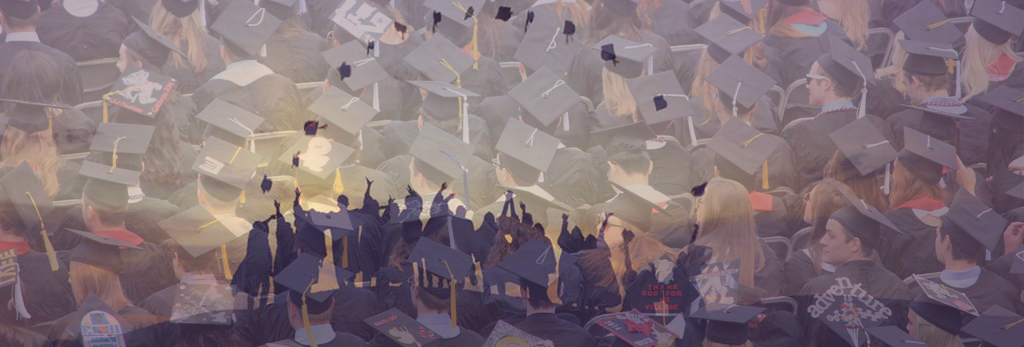Please note: When I use the term ‘educator’ in this piece, I am referring not only to teachers but to all staff in schools who contribute to the formation of our young.
Joan Chittister once said:
It’s not the answers we teach them to give; but rather it’s the questions we teach them to ask, that are the measure of the spiritual leadership we give to the emerging generation.
A problem with much of contemporary religious education, is that it focusses on providing answers to questions that most students may ever ask. This can lead many to dismiss what they have learned in their schooling when it comes to finding answers to the bigger questions that life will pose.
Faith-based schools bring together the acquiring of skills and knowledge, with the experience of a community’s vision for how we can become fully human, in relationship with the Divine and the world, and experience connectedness. Amongst the concerns of the world, we endeavor to provide students with an experience of the search for the transcendent, the spiritual, the sustaining and integrating, which transcends creeds and rituals.
The education we provide should present our young with deep life questions and encourage a lifelong quest for answers, which will change and evolve with the journey of their lives. These questions address our universal yearning for connection with something bigger.
- Who am I?
- What is my life’s purpose?
- How do I come to know peace and happiness?
- Is there meaning in suffering?
- How do I approach death?
__________
It is through our example and witness, in addition to our teaching, that we give students the skills and experiences upon which they can embark on their own journeys and address these essential questions.
But who are we, and, what is our essential role in supporting the emerging generations in their search?
Staff in Catholic schools have many and diverse views on religion, spirituality and the Church. Many are struggling to reconcile forms of religion that they were taught in their youth with the insights into a personal spirituality that open exploration and the advancing years can bring. Some may have found inspiration in traditions other than their own. Some are angry at and disillusioned with the Church, while others are passionate about its future and the place of our young people in its ranks. Many are inspired by the person and teachings of Jesus but struggle with the way the Church has failed to fulfil its role as the embodiment of Jesus’ teaching. Some are inspired by our justice tradition but struggle with the liturgical life and certain moral teachings of the Church.
My sense would be that most of us would find something in the above description reflective of where we stand in our individual lives and spiritual journeys.
If I can see myself somewhere in the above descriptions, how do I feel about my responsibilities as a staff member in a Catholic school? How can I deal with potential feelings that I am somehow disloyal or don’t fit a certain mould? How does our diversity as an education community contribute positively to the formation of our young people?
Clearly, not all staff members in Catholic schools need to believe the same things, worship in the same communities or see religion and spirituality in the same way. Even if we think that this would be helpful, and that this uniformity of belief was the way the Catholic world was in times past, when we look at the current reality of faith and spirituality in our society, it would appear that it didn’t work. My strong sense is that, just as we have, our current generation of young people will also develop diverse and varying insights into religion and spirituality as they themselves advance in years and life experiences.
__________
So, what is essential and enduring in our role as educators and agents of formation for the young people in our Catholic schools?
We don’t all need to be Catholic, teach the subject called ‘Religious Education’, or think about religion in the same way. However, regardless of where we are in our own journeys, we must all have one thing in common.
If our young people leave our schools without witnessing the power of this search as a priority in the lives of significant adults, we will have sold them short. In our own way and according to our own giftedness and varying roles, all staff in our schools should give witness to a central truth: that a spiritual life and a relationship with God, the divine, interiority, the spiritual, fullness of life or however we choose to name it, are worthy of our utmost effort as human beings.
Some will have the privilege of being able to explore this journey in class, through words and conversations. Others will have to rely on the witness and example that they give to these priorities in their own lives as the primary way that they make their contribution to the spiritual future of our youth. This is no less powerful and is of utmost importance.
One thing that is certain, no one is exempted! As with all things, our young people will learn from us through our actions or through our inaction, our attention to these priorities or our lack of attention. What we question, value and prioritize will shape the future our young will create.

